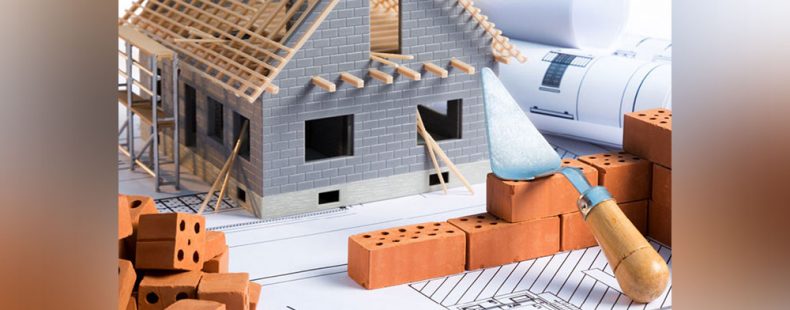What does it mean? Supposably means capable of being supposed. In other words, it describes something that’s capable of happening. Though supposably is a valid word, it can be tricky to use in a sentence, and isn’t often used in modern speech. Contemporary writers are more likely to use its synonym, conceivably.Supposably is frequently confused with the similar-sounding word supposedly. The main difference is that supposedly describes something that is supposed, or accepted as true. Supposably adds an extra element of uncertainty. It refers to something that can be supposed, or something that could be true.
Supposably
Supposably is rarely used. It describes something that is capable of being true. Supposably is typically used with modal verbs like could, would, may, and might.
Take this example from The Complete Works of Frances Hodgson Burnett. The speaker is describing a small, thin woman: “A wind might supposably have blown her away, but one knew it would not, because she was firm and steady on her small feet.” This sentence means it’s possible that a wind could blow this woman away. Instead of using supposably, a modern writer would likely say “She looked like a wind could blow her away.”
Supposedly
Supposedly comes from supposed, the past tense of suppose. This adjective describes things that were already supposed, or already assumed to be the truth. There doesn’t have to be definite proof of the thing, action, person, or situation.
For example, take the title of Matthew A. Bille’s book about undiscovered and rediscovered animal species: Rumors of Existence: Newly Discovered, Supposedly Extinct, and Unconfirmed Inhabitants of the Animal Kingdom. The book looks at animal species that were assumed to be extinct and attempts to discover the facts about the species’ status.
Contrasting Supposably and Supposedly
Supposably applies to things that could be true, while supposedly describes things that are assumed to be true. Consider these related sentences: “Supposedly, Jane built the house herself” and “Jane could supposably have built the house herself.”
The first sentence means that it’s assumed to be true that Jane built the house herself. The second sentence doesn’t assume anything about who built the house. Instead, it says that it’s possible Jane built the house on her own. If Jane had the tools, skills, and funds to build a house, it’s conceivable, supposable, or possible that she could have built it on her own.
Choosing Between Supposably and Supposedly
When deciding which word to use, try using either it’s assumed or it’s possible as a replacement. If something is assumed to be true, use supposedly with a form of to be. For example, “He is supposedly the smartest boy in the class.” If something is simply possible, use supposably with a modal verb that indicates doubt. For example, “He might supposably be the smartest boy in the class.”














